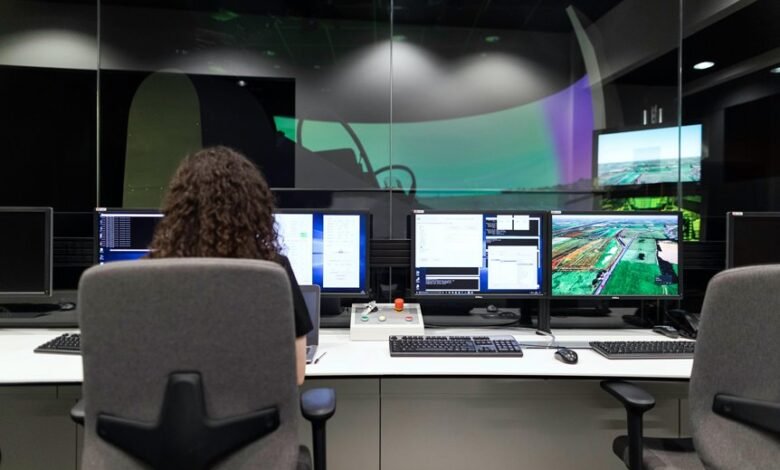172.16.252.214.4300: Como O Impacto da Rede Privada se Relaciona com o Processo Judicial

The integration of private networks into the judicial process introduces significant implications for evidence integrity, security, and privacy. These networks facilitate the secure collection and preservation of digital evidence, reducing risks of tampering and loss. However, they also raise critical questions about lawful access and privacy protections. Understanding how private networks influence judicial fairness and transparency remains essential, prompting further examination of their evolving role in legal proceedings.
The Role of Private Networks in Evidence Collection and Preservation
How do private networks influence the processes of evidence collection and preservation within judicial proceedings? They enhance network security through data encryption, safeguarding evidence integrity. This ensures that sensitive information remains unaltered and accessible only to authorized parties.
Consequently, private networks uphold the authenticity and reliability of digital evidence critical for judicial fairness and transparency.
Privacy Implications and Legal Protections in Private Network Use
The adoption of private networks in judicial processes introduces significant privacy considerations and necessitates robust legal safeguards. Data encryption ensures confidentiality, protecting sensitive information from interception.
User anonymity preserves individual rights against unwarranted surveillance. These measures uphold legal protections, reinforcing the core principles of privacy and freedom in the digital realm.
Challenges and Opportunities in Litigation Involving Private Network Data
Litigation involving private network data presents a complex interplay of legal, technological, and procedural challenges. Network security and data encryption are pivotal for protecting information while enabling lawful access.
These factors create opportunities for enhancing data integrity and privacy, but also pose obstacles in balancing rights to privacy with the demands of judicial processes.
Conclusion
In sum, private networks elegantly serve as the digital Fort Knox of evidence, balancing the scales of privacy and security with a deft touch. Their sophisticated encryption ensures tampering remains a myth, while legal safeguards prevent Orwellian overreach. Yet, as courts navigate this labyrinth, one wonders if the true challenge lies not in safeguarding data, but in convincing skeptics that these digital vaults are more trustworthy than the old paper files—an irony not lost on the savvy observer.





